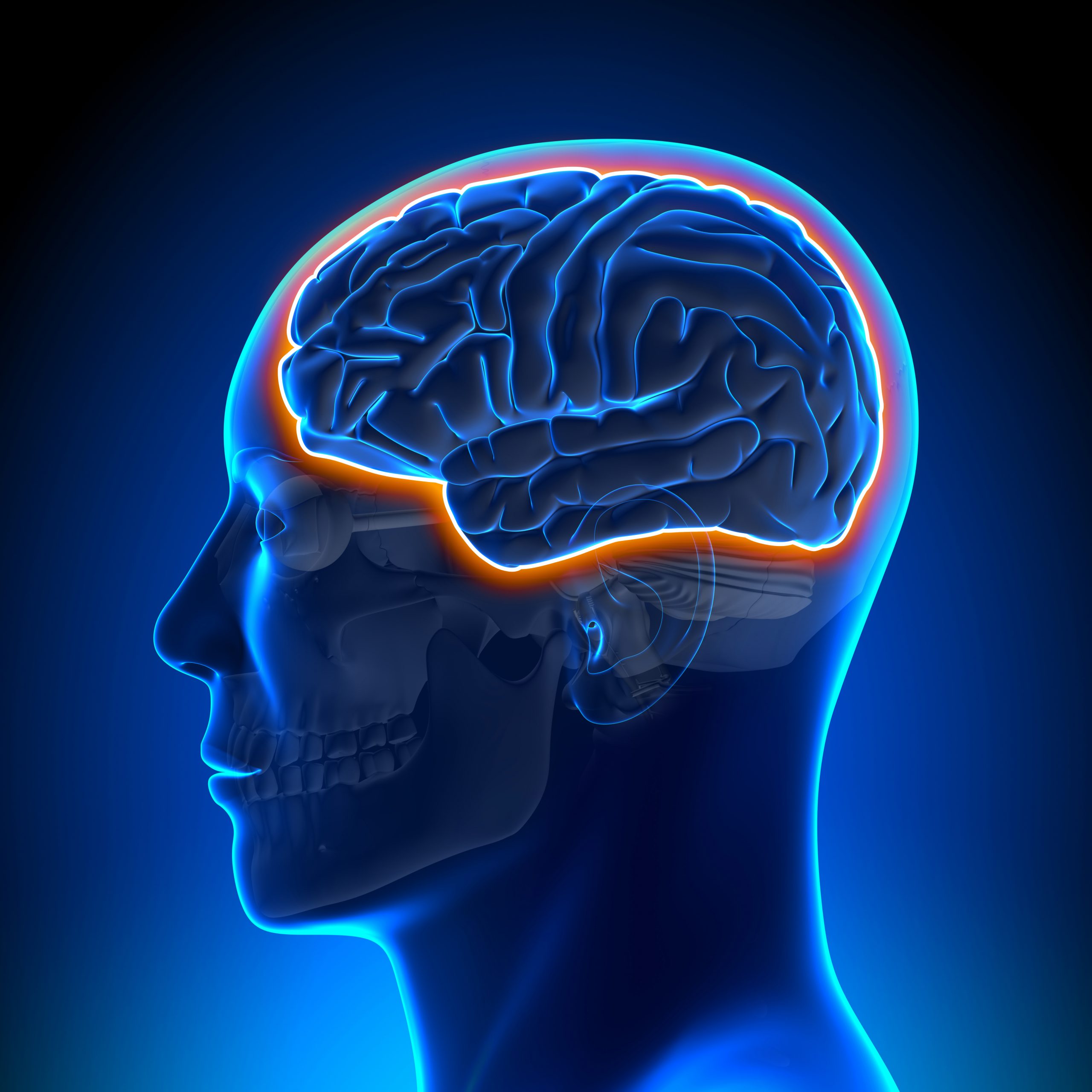Dopamine and Serotonin Play Key Role in Perception and Cognition, Study Finds

decade3d - anatomy online/Shutterstock
Dopamine and serotonin — two brain chemicals involved in reward processing and whose pathways are treatment targets for diseases such as Parkinson’s — also play a key role in controlling the way people perceive the world and make decisions based on those perceptions, a study reported.
According to its researchers, this discovery supports these neurochemicals acting in the brain at a deeper level, and highlights their importance for human health.
These findings, “Sub-second Dopamine and Serotonin Signaling in Human Striatum during Perceptual Decision-Making,” were published in the journal Neuron.
Dopamine and serotonin are known to be involved in the regulation of several cognitive processes, including motivation, learning, and mood. When the signaling cascades controlling their release and distribution in the brain are disturbed, people may develop several psychiatric and neurological disorders, including Parkinson’s disease, obsessive compulsive disorder, and depression.
However, an inability to study the rapid and minor changes in their levels in specific brain regions has limited researchers’ ability to grasp how dysfunctions in their signaling cascades might lead to disease’s onset.
Investigators at Virginia Tech Carilion and colleagues studied these changes working with a new method called fast scan cyclic voltammetry. This method uses special carbon fiber microelectrodes, at low voltage, to detect small fluctuations in dopamine and serotonin activity happening in less than a second in deep regions of the brain in real-time.
They used it to measure changes in the activity levels of both chemicals in a group of five patients undergoing deep brain stimulation (DBS) surgery to treat Parkinson’s or essential tremor.
To assess if and how dopamine and serotonin levels shifted in response to patients’ perception and decision-making, researchers asked patients to play a computer game while undergoing DBS. During each round of the game, patients viewed a cloud of dots and had to guess the direction these dots were moving to.
Several measures taken in different regions of the striatum, a brain area responsible for controlling voluntary movements and linked to decision-making, showed levels of both neurochemicals changed as decisions were made.
“For the first time, moment-to-moment activity in these systems has been measured and determined to be involved in perception and cognitive capacities,” P. Read Montague, PhD, a professor and director of the Center for Human Neuroscience Research and the Human Neuroimaging Laboratory at the Fralin Biomedical Research Institute at Virginia Tech Carilion, and the study’s senior author, said in a press release.
“These neurotransmitters are simultaneously acting and integrating activity across vastly different time and space scales than anyone expected,” Montague said.
Recordings in the caudate nucleus — a part of the striatum involved in learning, memory, and movement control — taken in three patients showed serotonin levels changed slightly while patients were unsure of the direction dots were moving toward.
As their levels of uncertainty rose — shortly after viewing the dots — serotonin levels also rose. They then gradually decreased as patients became more sure of the likely direction of the dots.
“Our work suggests these neuromodulators — serotonin in particular — are playing a role in signaling how uncertain we are about the outside environment,” said Dan Bang, PhD, a postdoctoral researcher at the Wellcome Center for Human Neuroimaging at University College London, who designed the computer game.
Researchers also found that dopamine and serotonin levels changed by the time patients submitted their final answer. Recordings in the putamen — a part of the striatum also involved in learning and movement control — in one patient showed the serotonin levels decreased while those of dopamine increased when that person reached a decision.
“The close coupling between [these] changes … and choice submission indicates that both dopamine and serotonin play a role in triggering action but in an opponent manner,” the researchers wrote.
“[O]ur results support a view that sub-second dopamine and serotonin signaling participates in real-time inference about the external world” and its perception, they added, “beyond their often-reported roles in appetitive and aversive processes.”
They suggest their work will allow for a deeper understanding of brain signaling systems, which thus far have remained “poorly understood.”






